PRESENT PERFECT & CONDITIONALS
Present Perfect Tense
The present perfect tense is a rather important tense in English, but it gives speakers of some languages a difficult time. That is because it uses concepts or ideas that do not exist in those languages. In fact, the structure of the present perfect tense is very simple. The problems come with the use of the tense. In addition, there are some differences in usage between British and American English.
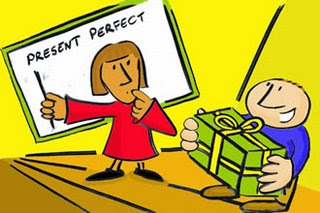
In this lesson we look at the structure and use of the present perfect, followed by a quiz to check your understanding:
- Structure: how to make the present perfect tense
- Use: when and why to use the present perfect tense
- For and Since with the present perfect tense. What’s the difference?

How do we make the Present Perfect Tense?
The structure of the present perfect tense is:
| subject | + | auxiliary verb | + | main verb |
| have | past participle |
Here are some examples of the present perfect tense:
| subject | auxiliary verb | main verb | |||
| + | I | have | seen | ET. | |
| + | You | have | eaten | mine. | |
| - | She | has | not | been | to Rome. |
| - | We | have | not | played | football. |
| ? | Have | you | finished? | ||
| ? | Have | they | done | it? |
Contractions with the present perfect tense
When we use the present perfect tense in speaking, we usually contract the subject and auxiliary verb. We also sometimes do this when we write.
| I have | I’ve |
| You have | You’ve |
| He has She has It has John has The car has | He’s She’s It’s John’s The car’s |
| We have | We’ve |
| They have | They’ve |
Here are some examples:
- I’ve finished my work.
- John’s seen ET.
- They’ve gone home.
- It has eaten. [present perfect tense, active voice]
- It is eaten. [present tense, passive voice]

1. Present perfect tense for experience
We often use the present perfect tense to talk about experience from the past. We are not interested in when you did something. We only want to know if you did it:
| I have seen ET. He has lived in Bangkok. Have you been there? We have never eaten caviar. | |||||
| past | present | future | |||
| |||||
| The action or state was in the past. | In my head, I have a memory now. | ||||
Connection with present: in my head, now, I have a memory of the event; I know something about the event; I have experience of it.
2. Present perfect tense for change
We also use the present perfect tense to talk about a change or new information:
| I have bought a car. | ||
| past | present | future |
| - | + | |
| Last week I didn’t have a car. | Now I have a car. | |
| John has broken his leg. | ||
| past | present | future |
| + | - | |
| Yesterday John had a good leg. | Now he has a bad leg. | |
| Has the price gone up? | ||
| past | present | future |
| + | - | |
| Was the price $1.50 yesterday? | Is the price $1.70 today? | |
| The police have arrested the killer. | ||
| past | present | future |
| - | + | |
| Yesterday the killer was free. | Now he is in prison. | |
Connection with present: the present is the opposite of the past.
3. Present perfect tense for continuing situation
We often use the present perfect tense to talk about a continuing situation. This is a state that started in the past and continues in the present (and will probably continue into the future). This is a state (not an action). We usually use for or since with this structure.
| I have worked here since June. He has been ill for 2 days. How long have you known Tara? | |||||||||||
| past | present | future | |||||||||
| The situation started in the past. | It continues up to now. | (It will probably continue into the future.) | |||||||||
Connection with present: the situation continues in the present.
For & Since with Present Perfect Tense
We often use for and since with the present perfect tense.
- We use for to talk about a period of time - 5 minutes, 2 weeks, 6 years.
- We use since to talk about a point in past time - 9 o’clock, 1st January, Monday.
| for | since |
| a period of time | a point in past time |
| x------------ | |
| 20 minutes | 6.15pm |
| three days | Monday |
| 6 months | January |
| 4 years | 1994 |
| 2 centuries | 1800 |
| a long time | I left school |
| ever | the beginning of time |
| etc | etc |
Here are some examples:
- I have been here for 20 minutes.
- I have been here since 9 o’clock.
- John hasn’t called for 6 months.
- John hasn’t called since February.
- He has worked in New York for a long time.
- He has worked in New York since he left school.
English Conditionals
There are several structures in English that are called conditionals.
"Condition" means "situation or circumstance". If a particular condition is true, then a particular result happens.
- If y = 10 then 2y = 20
- If y = 3 then 2y = 6
There are three basic conditionals that we use very often. There are some more conditionals that we do not use so often.
In this lesson, we will look at the three basic conditionals as well as the so-called zero conditional. We’ll finish with a quiz to check your understanding.
- Structure of Conditional Sentences
- First Conditional
- Second Conditional
- Third Conditional
- Zero Conditional
- Summary
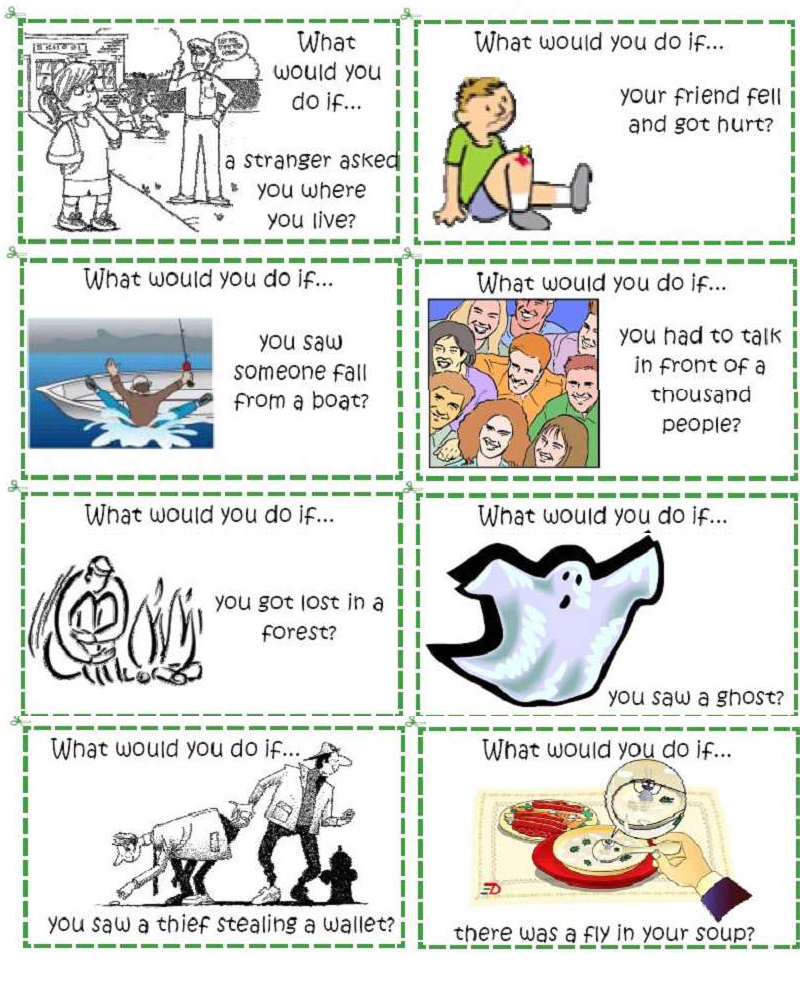
Structure of Conditional SentencesThe structure of most conditionals is very simple. There are two basic possibilities. Of course, we add many words and can use various tenses, but the basic structure is usually like this:
or like this:
First Conditional: real possibilityWe are talking about the future. We are thinking about a particular condition or situation in the future, and the result of this condition. There is a real possibility that this condition will happen. For example, it is morning. You are at home. You plan to play tennis this afternoon. But there are some clouds in the sky. Imagine that it rains. What will you do?
Notice that we are thinking about a future condition. It is not raining yet. But the sky is cloudy and you think that it could rain. We use the present simple tense to talk about the possible future condition. We use WILL + base verb to talk about the possible future result. The important thing about the first conditional is that there is a real possibility that the condition will happen. Here are some more examples (do you remember the two basic structures: [IF condition result] and [result IF condition]?):
Sometimes, we use shall, can, or may instead of will, for example: If you are good today, you can watch TV tonight. |
| IF | condition | result |
| past simple | WOULD + base verb | |
| If | I won the lottery | I would buy a car. |
Notice that we are thinking about a future condition. We use the past simple tense to talk about the future condition. We use WOULD + base verb to talk about the future result. The important thing about the second conditional is that there is an unreal possibility that the condition will happen.
Here are some more examples:
| IF | condition | result |
| past simple | WOULD + base verb | |
| If | I married Mary | I would be happy. |
| If | Ram became rich | she would marry him. |
| If | it snowed next July | would you be surprised? |
| If | it snowed next July | what would you do? |
| result | IF | condition |
| WOULD + base verb | past simple | |
| I would be happy | if | I married Mary. |
| She would marry Ram | if | he became rich. |
| Would you be surprised | if | it snowed next July? |
| What would you do | if | it snowed next July? |
Third Conditional: no possibility
The first conditional and second conditionals talk about the future. With the third conditional we talk about the past. We talk about a condition in the past that did not happen. That is why there is no possibility for this condition. The third conditional is also like a dream, but with no possibility of the dream coming true.
Last week you bought a lottery ticket. But you did not win. :-(
| condition | result | |
| Past Perfect | WOULD HAVE + Past Participle | |
| If | I had won the lottery | I would have bought a car. |
Notice that we are thinking about an impossible past condition. You did not win the lottery. So the condition was not true, and that particular condition can never be true because it is finished. We use the past perfect tense to talk about the impossible past condition. We use WOULD HAVE + past participle to talk about the impossible past result. The important thing about the third conditional is that both the condition and result are impossible now.
Look at some more examples in the tables below:
| IF | condition | result |
| past perfect | WOULD HAVE + past participle | |
| If | I had seen Mary | I would have told her. |
| If | Tara had been free yesterday | I would have invited her. |
| If | they had not passed their exam | their teacher would have been sad. |
| If | it had rained yesterday | would you have stayed at home? |
| If | it had rained yesterday | what would you have done? |
| result | IF | condition |
| WOULD HAVE + past participle | past perfect | |
| I would have told Mary | if | I had seen her. |
| I would have invited Tara | if | she had been free yesterday. |
| Their teacher would have been sad | if | they had not passed their exam. |
| Would you have stayed at home | if | it had rained yesterday? |
| What would you have done | if | it had rained yesterday? |
Zero Conditional: certainty
We use the so-called zero conditional when the result of the condition is always true, like a scientific fact.
Take some ice. Put it in a saucepan. Heat the saucepan. What happens? The ice melts (it becomes water). You would be surprised if it did not.
| IF | condition | result |
| present simple | present simple | |
| If | you heat ice | it melts. |
Notice that we are thinking about a result that is always true for this condition. The result of the condition is an absolute certainty. We are not thinking about the future or the past, or even the present. We are thinking about a simple fact. We use the present simple tense to talk about the condition. We also use the present simple tense to talk about the result. The important thing about the zero conditional is that the condition always has the same result.
Look at some more examples in the tables below:
| IF | condition | result |
| present simple | present simple | |
| If | I miss the 8 o’clock bus | I am late for work. |
| If | I am late for work | my boss gets angry. |
| If | people don’t eat | they get hungry. |
| If | you heat ice | does it melt? |
| result | IF | condition |
| present simple | present simple | |
| I am late for work | if | I miss the 8 o’clock bus. |
| My boss gets angry | if | I am late for work. |
| People get hungry | if | they don’t eat. |
| Does ice melt | if | you heat it? |
Conditionals: Summary
Here is a chart to help you to visualize the basic English conditionals. Do not take the 50% and 10% figures too literally. They are just to help you.
| probability | conditional | example | time | |||
| 100% | zero conditional | If you heat ice, it melts. | any time | |||
| 50% | first conditional | If it rains, I will stay at home. | future | |||
| 10% | second conditional | If I won the lottery, I would buy a car. | future | |||
| 0% | third conditional | If I had won the lottery, I would have bought a car. | past | |||

EXAMPLES
* How many albums have you recorded in your live?
= I have recorded five albums
* How long have you lived in the united states?
= I have lived in the united sattes since 1998
*Have you ever been sick?
=Yes, I have been sick. when I was a child
*Have you had good luck with your music?
=Yes, I have had the best good luck
*What do you wait about your future?
= every day be a best person with my family and with my sons
*How many children have you had?
=I had 3 sons homed moon, dove and donte
*When did you begin your artistic career?
=Fifteen years ago in medellin arty
*Have you been involved with politics?
=Yes, I’ve participaded in the European Parliamenth and I was the first singer present as a symbol of support for the cause mine
*How many awards have you won?
=Appromimately ten grammy awards
*Which has been the most successfol album in your life?
=My most successfull album has been "A moment"
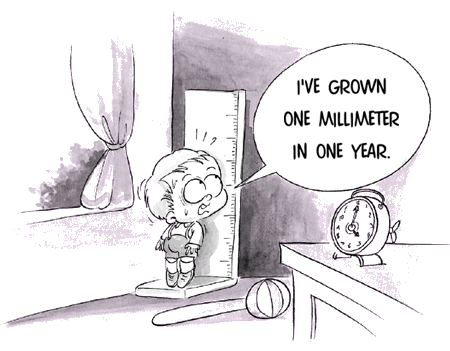
THE PASSIVE: to be + past participle
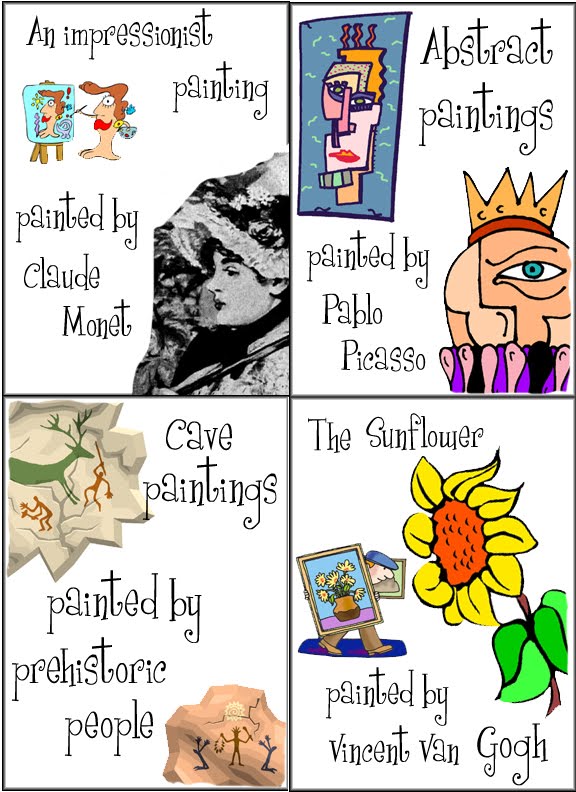
Form:
* We form the passive with the verb to be and the past participle of the main verb
ACTIVE PASIVE
present simple: He feeds the dogs twice a day The dog is fed twice a day
past simple: He fed the dog yesterday The dog was fed yesterday
pesent perfect simple: He has feed the dog The dog has been fed
future simple: He will feed the dog The dog will be fed
modal: He should feed the dog The dog should be fed
* We form questions by putting the verb to be before the subject, is this car made in japan ?
*We form negations with the word Not. His bicycle was not/ wasn’t stolen last night.

Turning from Active into passive
To turn a sentence from the active into the passive
a) the oblect of the active sentence becomes
the subject in the passive sentence
b) the active verb changes into a passive form.
c) the subject of the active sentence becomes the agent.
subject verb object
ACTIVE susan made a cake
subject verb agent
PASIVE A cake was made by susan
- Only the verbs that take an obejct can be turned into the passive
Tom watered the plants - The plants were watered by tom. But it is raining today (this sentence cannot be turned into the passive because the verb does not take an object)
- When the subject of the actives sentence is one os the followin words: people, one, someone/somebody, they, he, etc., the agentis often,omittes in the passive sentence.
someone willfeed the dog .-. The dog will be fed.
- Object pronouns (me, you, him, etc..) become subject pronouns (i, you, he, etc..) in the passive. she gave me some monery.- I was given some money
- When the verb of the active sentence is followed by a preposition, the preposition is kept in the passive sentence as well. someone broken into our house last night.- Our house was broken into last night

USE
We use the passive when we want to show that the action of the verb is more important than the agent. (i , e. the person or thing doing or causing the action). the agent is introduced with the preposition by and is mentioned only when it is important or nedds to be stated. Oliver Twist was written by charles dickens.
- The agent is not mentioned when. a)it is unknown. His car was stolen last nigth (we don’t know who stole his car). b) it is unimportant. breakfast will be sevrd at 7.30 (the agent is unimportant) c) it is obvious from the context. He has been arrest.( it is obvious who arrested him the police).
Example:
1. Someone will meet you at the airpot.
......you will be met at the airport...
2. He has mended the puncture.
....The puncture has been mended by him...
3. Sam willa fix the roof.
.....The roof will be fixed by sam
4. The clown will entertain the children
.....The children will be entertain by the clown....
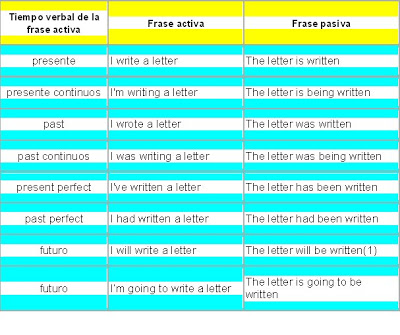
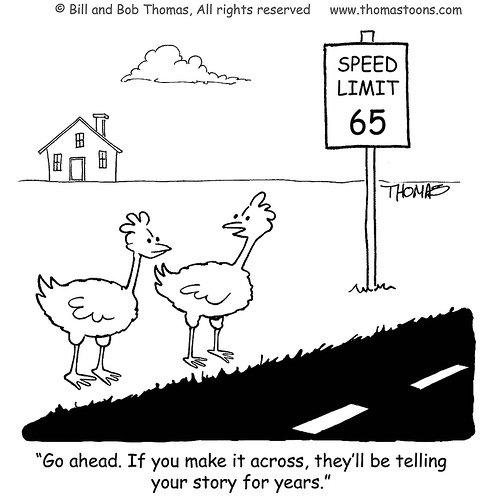
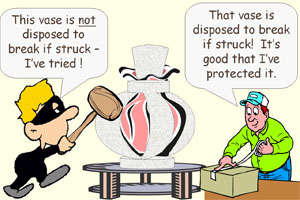
0 comentarios